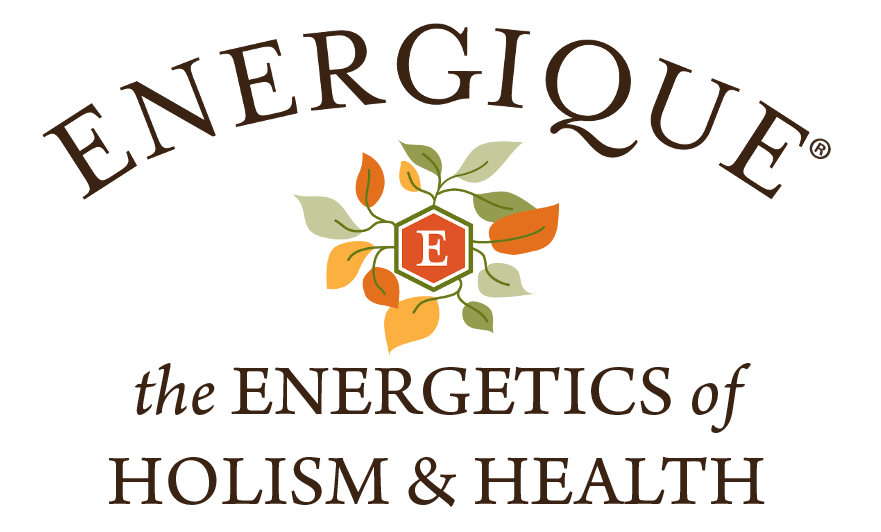Want to see more of what Energique® can offer you?
Energique® provides multiple product modalities so you can personalize and tailor your patient treatment. With over 500 products to select from, our broad selections of Herbal Extracts, Homeopathic Remedies, Medicinal Essential Oils and Nutritional Supplements are formulated in-house with quality ingredients and proven technology to provide the best health results.
We invite you to register and begin using EnergiquePro™ for online ordering, product updates, professional resources, and more.
What you'll see at EnergiquePro:
- Easy browsing by product and category
- Search for products by ingredients
- Online ordering
- Product information and guides
- Your one-stop site for optimal health products
Already a member?
Please log in to view this content:

